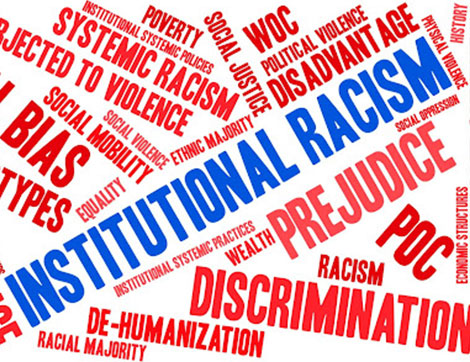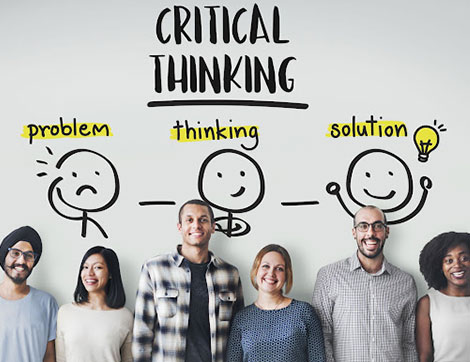Setting up KPIs for your training organisation
As a training organization, one of the most important things you can do is to set up KPIs (Key Performance Indicators) to track your progress. Doing so will help you stay on track and ensure that you’re providing the best possible service to your clients. What are KPIs? Key performance indicators (KPIs) are a set […]











